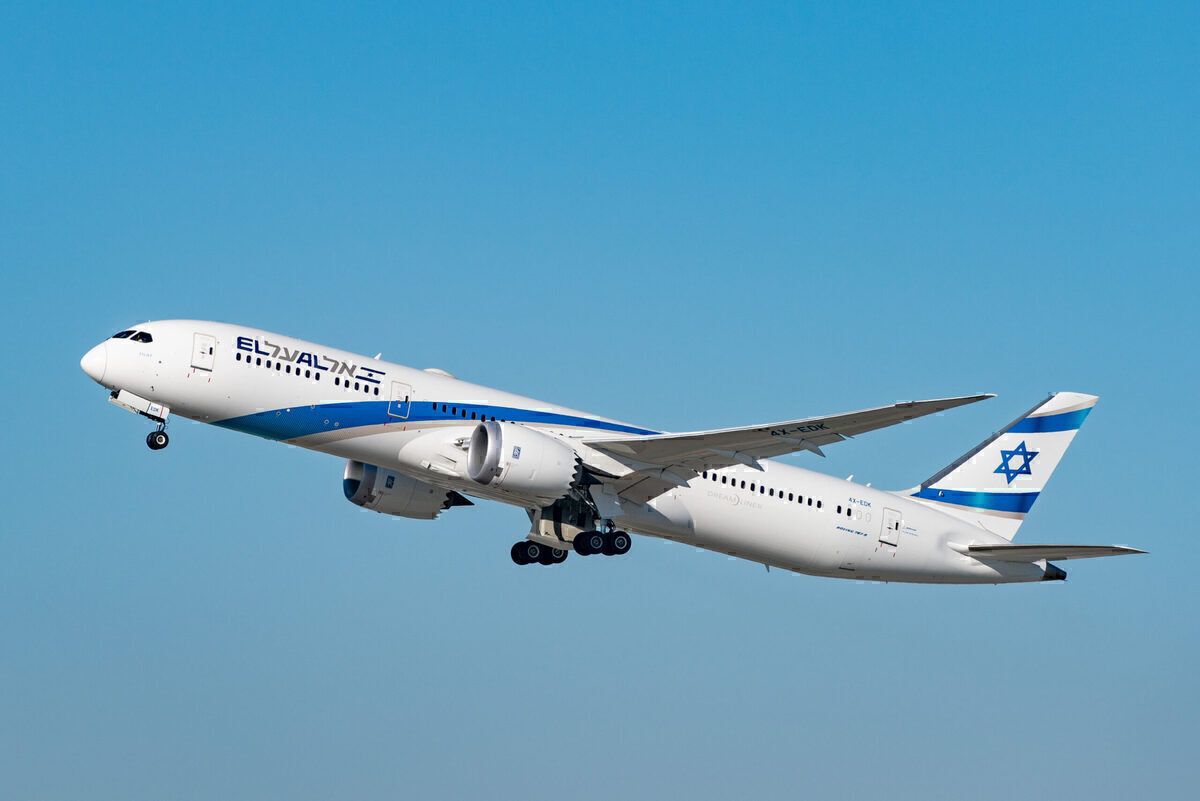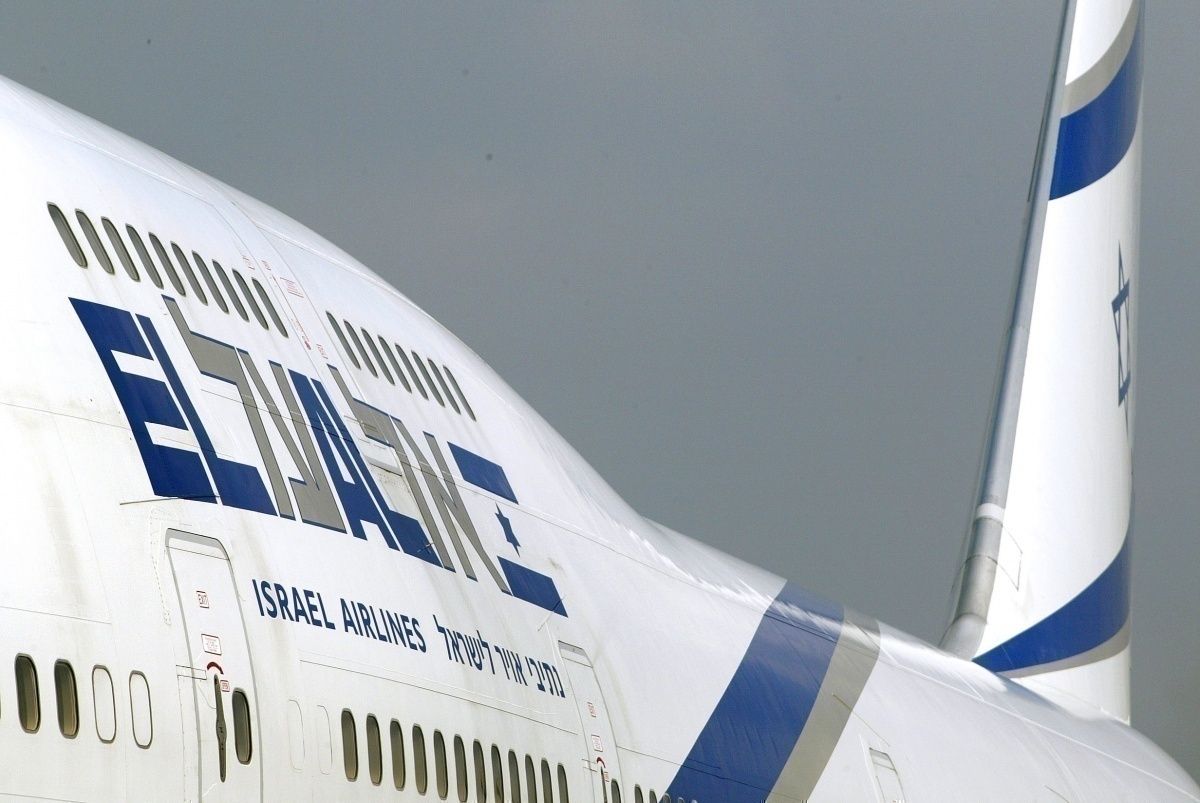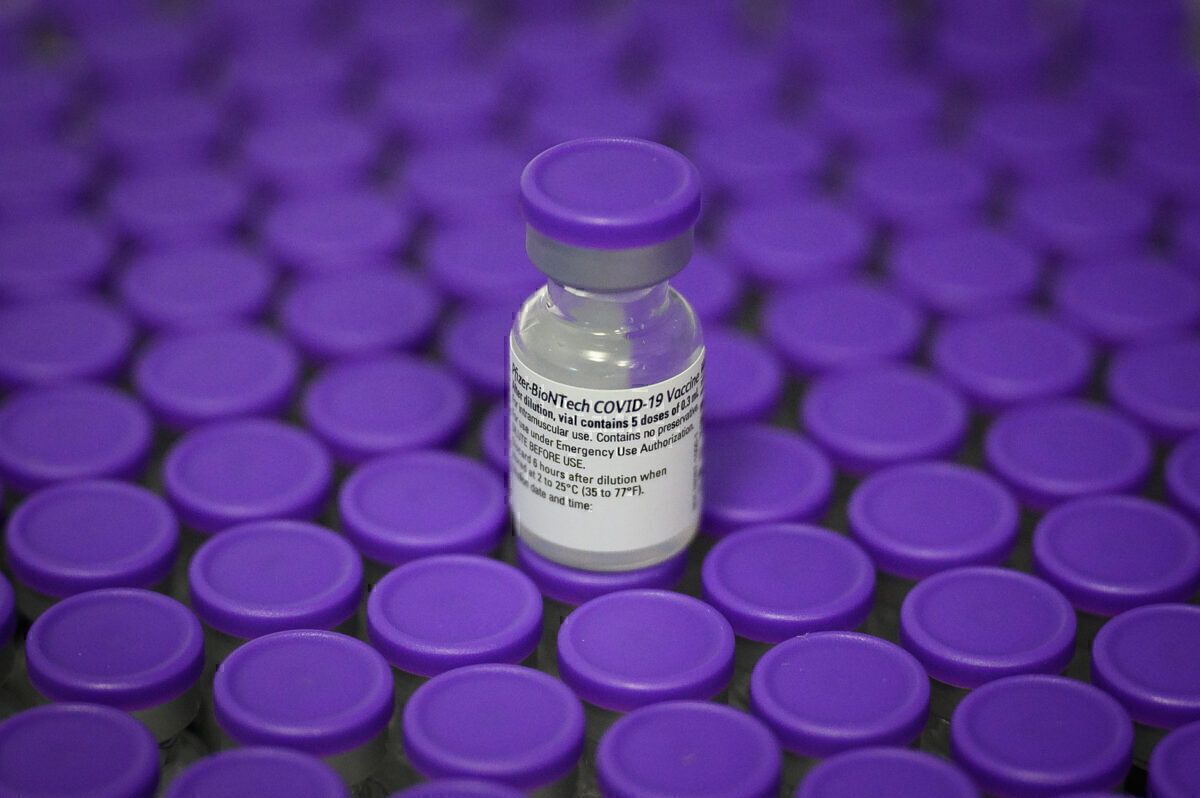During a meeting on Sunday, the Israeli government approved an aid package worth nearly NIS 750 million ($230 million) for the country's ailing aviation sector following a collapse in air travel brought about by COVID-19. The aid package includes a NIS 685 million ($210 million) payment to national flag carrier El Al and a much smaller NIS 52 million ($15.9 million) amount to domestic and charter flight operator Israir.
Under the agreement between the Israeli government and El Al, the Finance Ministry says it is an advanced payment towards tickets for security officers on El Al and its subsidiary, Sun D'or, for the next 20 years. Another stipulation of the deal was that the controlling shareholders of El Al help contribute to the airline's financial stability.
Stay informed: Sign up for our daily and weekly aviation news digests.
Eli Rozenberg must put in $43 million
The airline will be required to raise NIS 341.4 million ($105 million) through a public share offering. Of the $105 million needed, El Al's controlling shareholder, 28-year-old Eli Rozenberg, must buy at least $43 million of the shares.
In addition to the above, El Al must also agree not to pay out dividends or buy back shares in the company for at least five years. El Al will also have to reduce the salaries paid to company managers by 15%. When speaking about the aviation aid package, The Jerusalem Post newspaper quotes Israeli Finance Minister Israel Katz as saying:
“Understanding that the aviation industry is in a difficult and unique situation, and in order to ensure the resilience of civil aviation in Israel, the Ministry of Finance will provide assistance that will facilitate the activities of airlines during this period. We will continue to do everything we can to lend a hand and support dealing with the consequences of the Corona crisis.”
El Al to refund money for canceled flights
Earlier this year, cash-strapped El Al raised NIS 250 million ($79 million) by selling options on the Tel Aviv Stock Exchange to help guarantee the state-backed loan that the airline needed to help repay its debts. Even before the pandemic, El Al struggled with debts as it tried to modernize its fleet by replacing its aging Boeing 747s and 767s with modern fuel-efficient 787 Dreamliners.
The government aid will allow El Al to keep flying following months of grounded flights brought about by the COVID-19 pandemic and how the Israeli government handled the medical emergency. Now armed with the state aid, El Al has said its priority is to pay back customers and suppliers that had still not received refunds for canceled flights due to the pandemic.
Israel did a great job with vaccinations
Unlike many other governments worldwide, Israel recognized the severity of the coronavirus and immediately set about procuring enough vaccines to inoculate its citizens. In January, Israel saw 10,000 new cases per day, but now, it sees fewer than 100 per day after rolling out its vaccination program.
Currently, two-thirds of the population of Israel has received at least one dose of the Pfizer-BioNTech vaccine allowing life to slowly return to how it was pre-COVID-19.
What do you think about state aid to El Al and the government conditions regarding the money? Please tell us what you think in the comments.



